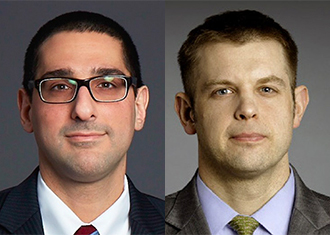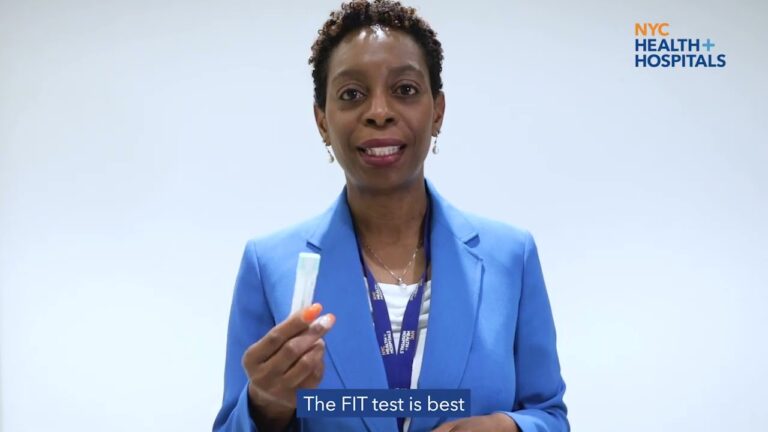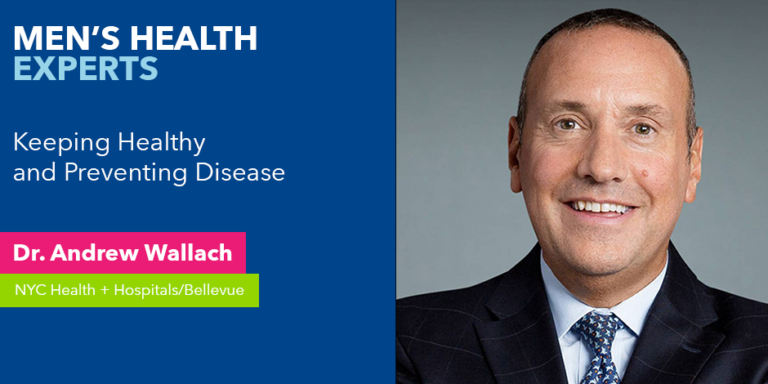Ask Our Experts: What You Should Know About Opioids


Soteri Polydorou, MD and Luke Archibald, MD
Ask Our Experts: What You Should Know About Opioids
During a time of widespread misuse of prescription painkillers and illegal drugs, we asked substance use treatment experts Soteri Polydorou, MD, and Luke Archibald, MD, to offer a professional perspective on the appropriate uses and risks of opioids.
1. What is the public health system’s approach to opioid addiction?
Addiction should not be stigmatized. It’s a health problem. Just as you should get medical treatment for diabetes, you should get compassionate, judgement-free treatment for addiction.
2. Does treatment really work?
Absolutely yes. Many evidence-based studies show that treatment with medication works.
3. What are opioids?
Legal and illegal drugs, made up of chemicals that reduce pain. Common prescription opioid pain relievers include: Hydrocodone (Vicodin), Oxycodone (OxyContin), Oxymorphone (Opana), Methadone, and Fentanyl. Heroin, which is highly addictive and illegal, is also an opioid.
4. What affect do they have?
They can help relieve physical pain or cause sedation. They can also have a euphoric effect, making a person feel high, which can be addictive, even when taken as prescribed. Taken in high doses or with other medications that can cause sleepiness, opioids can cause such a deep sleep that a person might stop breathing and overdose. Up to 1 out of 4 primary care patients who receive prescription opioids long term (for non-cancer pain) struggles with addiction.
5. Are opioids unsafe?
For a short time, as directed by your doctor, opioid pain relievers are generally safe. Regular use over time – even as prescribed – causes physical dependence and can lead to addiction. When misused, opioid pain relievers can lead to fatal overdose. From 1999 to 2014, more than 165,000 people died from prescription opioid overdose in the United States. This epidemic has led to increased use of heroin which presents similar dangers.
6. Is self-medicating dangerous?
Yes. Never take pills “off label”. Many users end up taking higher doses than prescribed and continually increase dosage as they become tolerant to the effects, leading to addiction. If your prescription is inadequate for your pain, tell your doctor so your concerns can be addressed together.
7. Can street drugs be trusted?
No. Meds purchased on the street are potentially deadly. Lately, Fentanyl – a very strong opioid – is being cut into street drugs, causing fatal overdoses citywide.
8. Are there safety precautions to follow if using?
- Yes. Don’t use alone. You want someone around to help if you overdose.
- Avoid mixing. Most overdoses happen when heroin or painkillers are mixed with other drugs, such as benzodiazepines, alcohol, or others that are sedating.
- Don’t be afraid to call 911 if you’re with someone who might be overdosing. The law protects you from prosecution.
9. Are OD rescue kits available?
Yes. Naloxone reverses heroin, prescription painkiller and other opioid overdoses (including methadone) if given in time. Kits are available without a prescription through our NYC Health Map or a list of participating NYC pharmacies (PDF). You can also access free naloxone kits and training through community based programs or via 311.
10. What are the symptoms of withdrawal?
When you stop taking opioids, withdrawal starts within a few hours. Very unpleasant effects including sleeplessness, anxiety, runny nose, sweating, nausea, vomiting, diarrhea, and body aches. Using medication-based approaches, we can help you overcome withdrawal and addiction.
If you have an addiction or substance use problem that you need help with, our doctors can help. Make an appointment today.


